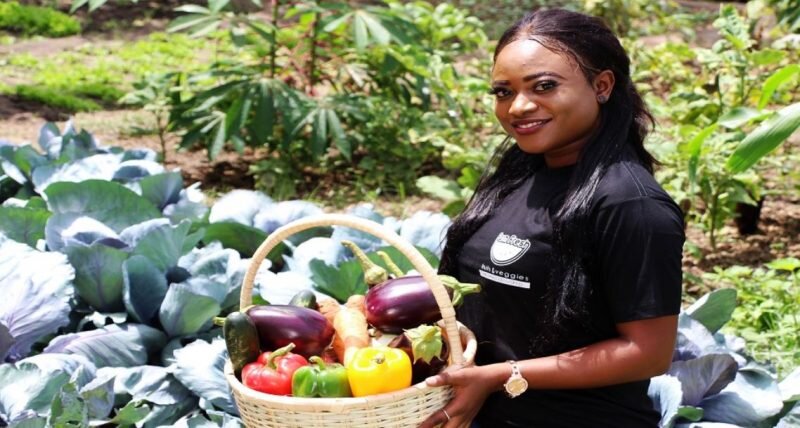3rd Africa Protein Summit Roots for a Just Transition from Industrial Animal Production to Equitable, Humane and Sustainable Food Systems

NAIROBI, KENYA — July 17, 2024 — The global industrial animal production system has been widely criticized for its environmental degradation, inequity, and threat to public health.
This came up during the 3rd Africa Protein Summit convened by World Animal Protection in Nairobi. The summit speakers highlighted the urgent need for transformation, underscoring how industrial animal production not only endangers biodiversity and exacerbates climate change but also perpetuates social injustices and threatens public health.
Tennyson Williams, the Director for Africa at World Animal protection said, “ The future we advocate for is a reduction of industrial animal agriculture, through a just transition to a system based on agroecology that results in the production of equitable, humane and sustainable proteins on a global scale.
By placing animals at the heart of our food systems transformation, we can achieve a food-sovereign future. Specifically on the issue of Animal agriculture, and climate change – we believe that enhancing animal welfare leads to improved human health outcomes, and both factors contribute to a more sustainable and resilient environment.
The summit recommended three levers of change to achieve a more sustainable and food secure future. These are:
- Strengthening food system governance to support environmentally and socially responsible companies, protecting and elevating traditional and local food systems.
- Promoting agroecological practices. A just transition necessitates the embracing of agroecology to promote human rights, environmental protection and animal welfare and to ensure food sovereignty meets food security needs while providing dignified and sustainable livelihoods.
- And, countries in the global north, with high per capita consumption of animal-based products must transition to plant-rich diets with reduced meat and dairy to stay within planetary and social boundaries. This shift will benefit public health and free up land and resources to support diversified agroecological production systems
The summit featured keynote addresses, panel discussions, and workshops focused on exploring innovative solutions, sharing knowledge, and forging alliances to drive systemic change. It underscored the importance of prioritizing smallholder farmers, Indigenous communities, and marginalized groups in shaping sustainable food futures.




